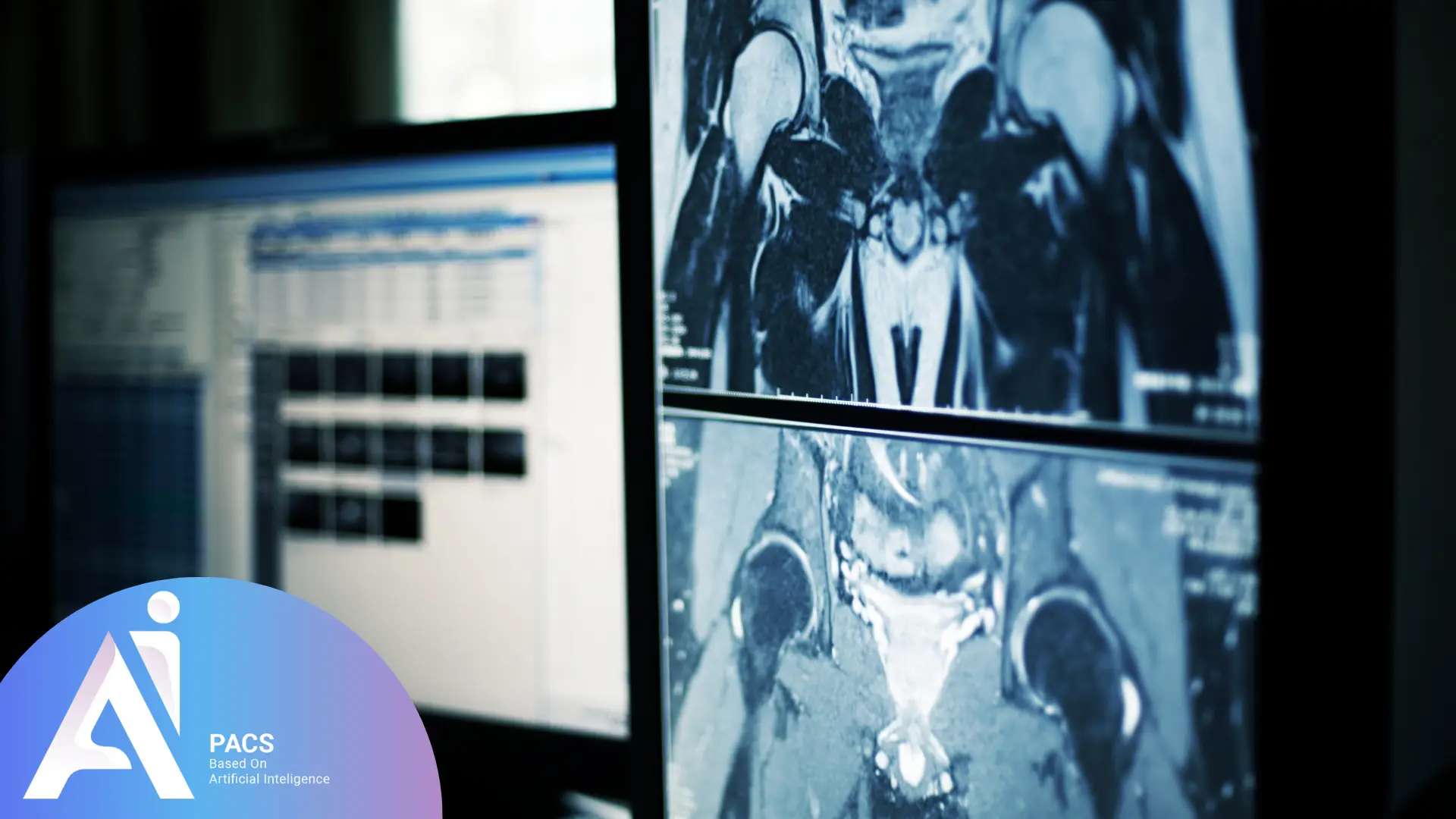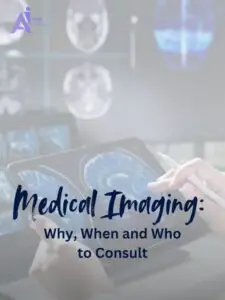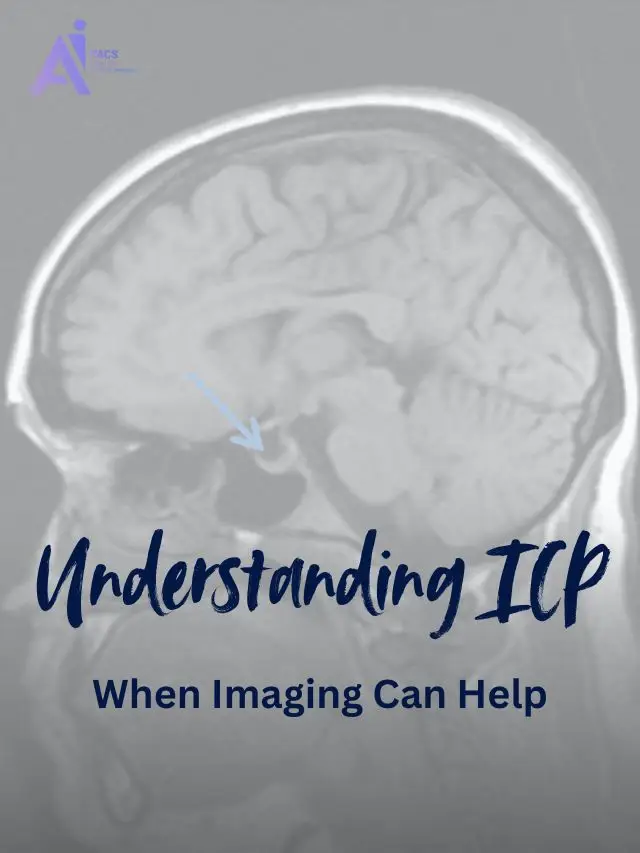Hi, I’m Dr. Vahid Alizadeh. Welcome to this special series of articles on AI-PACS, where we address patients’ most important questions about medical imaging. Whether you’ve undergone a test and are unsure about the results, or you’re wondering if you need a scan in the first place, this series is designed to give you precise, reliable answers. I know from experience that patients often leave a doctor’s office with unanswered questions. Medical imaging is a powerful tool, but many people don’t fully understand why they need a particular test, when it should be done, or who they should consult for the most reliable interpretation. I created this series to clarify the process and help you feel more confident about your health decisions. I have dedicated my career to improving patient care through advanced medical imaging. While I embrace the benefits of modern AI-assisted imaging tools, my role as a radiologist is, first and foremost, to ensure that each patient receives thoughtful, expert-driven care. AI enhances accuracy and efficiency, but it does not make decisions. The responsibility for interpretation, diagnosis, and patient guidance always remains with experienced physicians like myself.
Furthermore, imaging alone is not a diagnosis; it must always be considered alongside laboratory findings, clinical history, and other relevant factors. A physician must establish a close relationship with their patient, ensuring that imaging is interpreted within the full context of their condition. Medical imaging isn’t just about capturing an X-ray or scan—it requires communication, collaboration, and a holistic patient care approach.
Over the past two decades, I have collaborated with industry leaders like AI-PACS to integrate cutting-edge imaging solutions into practice. My work involves evaluating medical images and ensuring patients receive clear, reliable second opinions when needed. Through AI-assisted platforms, I aim to streamline workflows, reduce errors, and ultimately give patients more confidence in their diagnoses. However, every decision is made by a medical professional, ensuring that each patient receives a personalized and thoughtful assessment.
My experience has shown me that many patients feel uncertain about:
- Why a specific imaging test is necessary
- When should the test be performed
- Who should they consult for clear, expert advice?
Why Is a Medical Imaging Test Necessary?

I will explain the reasons behind every imaging test. For instance:
- Why did this happen to me?
- Why do I need to undergo this imaging test?
- What is the nature of my disease?
- Why should a particular technique be used for that test? For example, why does an MRI need to be contrast-enhanced?
- Why is it essential to perform multiple imaging tests together?
These are just a few of the many “whys” that may concern patients regarding the necessary procedures.
If you’re curious about your imaging results or need expert advice on which test is right, don’t hesitate to contact us for a professional radiology consultation.
When Should You Get a Medical Imaging Test?
I’ll discuss the ideal timing for each imaging test. Many patients wonder about the broader timeline related to medical imaging. For example:
- How much time do they have for treatment after undergoing imaging?
- What is the expected timeline for complications of their condition?
- How long do they have before the disease progresses or its effects become significant?
We will also explore how precise these time estimates can be and whether making accurate predictions regarding these timelines is possible.
Who Should You Consult for Expert Medical Imaging Advice?
I’ll identify the target groups that most benefit from imaging consultations. Additionally, I will discuss the next steps after receiving an imaging report. Many patients undergo tests and receive results but are unsure about what to do next or who they should consult. Seeking the right medical professional is crucial for proper diagnosis and treatment, and it is equally important to know who they should not consult to avoid missteps in their healthcare journey. For example: Who should consider a second opinion if their medical report is unclear? I’ll explain how certain patients with chronic conditions or ambiguous test results can gain confidence by consulting multiple experts.
What will this series cover?
In this section, we will discuss common diseases by exploring their Why, When, and Who aspects, aiming to cover various perspectives of each condition. However, it is important to clarify that no single article can fully diagnose or explain a medical condition.
Our focus is on routine cases and common medical concerns. Naturally, the medical field is vast, requiring different specialties and extensive knowledge, and no individual can possess all the expertise alone. This article series aims to enhance medical awareness and guide those seeking more precise information about their condition and wishing to consult a physician.
Misinformation is widespread online, and many people struggle to find accurate and reliable medical information. This series aims to bridge that gap by providing trustworthy and practical insights.
In Conclusion
Through this “Why, When, and Who” series, I aim to empower you with the knowledge to navigate your healthcare decisions confidently. Whether you’re wondering if you need medical imaging, questioning the frequency of an imaging test, or considering a second opinion, I’ll provide clear, actionable answers that cut through the confusion.
In our next article, we’ll explore specific case studies and expert recommendations—stay tuned! I encourage you to reach out with your questions and feedback. Your health matters, and understanding it starts with knowing the right questions to ask.









